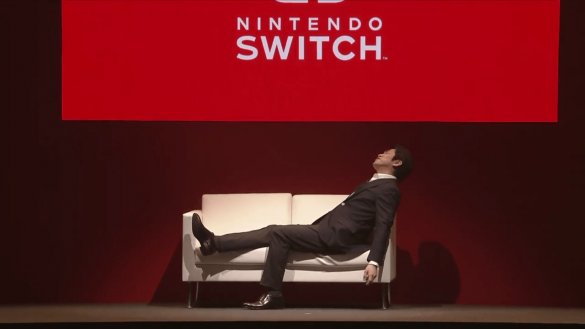All gaming systems were once referred to as a different type of Nintendo. Now? We're all waiting to see if this new system will be the company's last. Here in Japan, the future could easily go either direction.
Launch window reception, while hot, isn't exactly scorching over here. Yes, it reportedly sold out quickly on Amazon and yes,…











